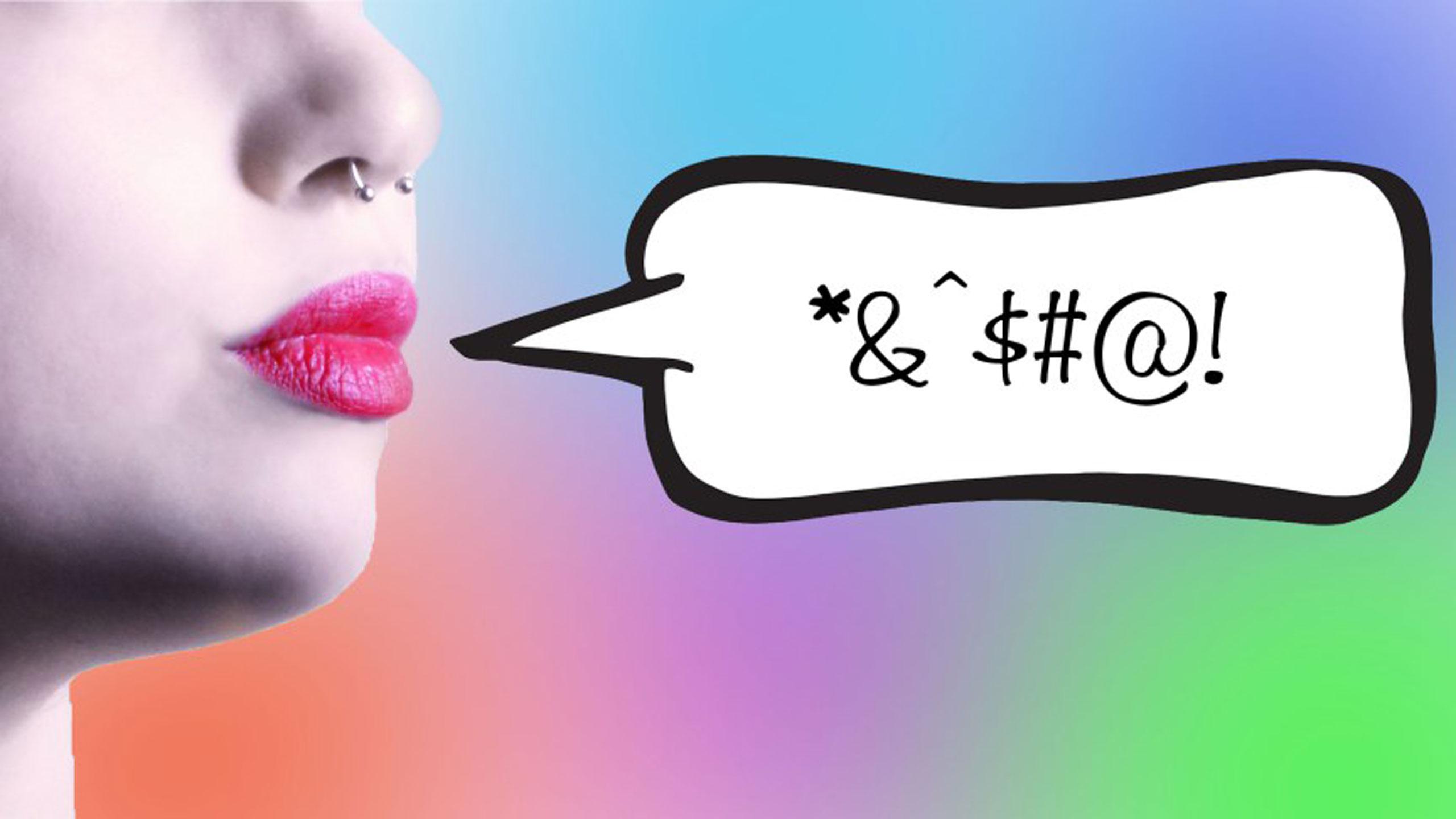By Isabelle Kirkwood
Ryerson’s Senate has drafted an update to the university’s statement on freedom of expression and is asking the Ryerson community for feedback.
The process is being overseen by the Provost’s office, with a Senate sub-committee co-chaired by Andrew McWilliams, the academic coordinator of the First Year and Common Science Office, and Anne-Marie Brinsmead, the program director for Engineering, Architecture, and Science.
“I made the suggestion that the statement on free speech be reviewed at the Senate meeting held on June 5, 2017,” McWilliams said. “Although the statement on freedom of expression is not a policy, the Academic Governance and Policy Committee (AGPC) is taking the lead on the review process.”
The sub-committee is made up of nine Ryerson Faculty Association members representing each faculty, two members from administrative positions, and three student members. Some parts of the drafted statement were previously adopted by Yale and Princeton universities.
In August, Ryerson cancelled a panel discussion called “The Stifling of Free Speech,” which would have featured the controversial University of Toronto professor Jordan Peterson, famous for criticizing gender-neutral pronouns and what he sees as political correctness.
James Turk, the director of Ryerson’s Centre for Free Expression, is a member of Ryerson’s Senate sub-comittee. He said the cancellation played a key role in the decision to review Ryerson’s free speech statement. Other incidents include pro-choice activists countering anti-choice demonstrators on campus since last school year.
Turk said as a part of the task force, he has reviewed many universities’ draft statements on freedom of expression.
“There are a handful of them [that are] absolutely wonderful and some that are terrible,” he said. “I think Ryerson has developed a superb statement.”
“Although members of the university community are free to criticize and contest the views expressed on campus, and to criticize and contest speakers who are invited to express their views on campus, they may not obstruct or otherwise interfere with the freedom of others to express views they reject or even loathe,” a part of the draft reads.
Tanzina Nowshin is a mechanical engineering student and one of the student senators on the AGPC and also part of the freedom of expression sub-committee. She said she is pleased with the drafted statement but wants students to keep in mind it is not a policy change.
“I like how the statement clearly affirms that it’s not the role of the university to prevent individuals from being exposed to opposing views, no matter how offensive,” Nowshin said.
“It is an important issue,” Secretary of Senate John Turtle said in a written statement to The Eyeopener. “It’s been many years since [the statement] was last updated.”
McWilliams said that as of March 24, the feedback has been positive and generally focused on how to improve the clarity of the language in the proposed statement.
“Our students are a vital part of the Ryerson community and I would like to encourage them to provide the sub-committee with feedback on how they believe we can strengthen our proposed statement to reflect Ryerson’s values,” McWilliams said.
He said the goal of the sub-committee is to have the Senate vote on adopting a new statement on freedom of expression by the body’s final session of the 2017-2018 academic year on May 29. The AGPC will make the recommendation as to when the statement is ready for a final review.
The Senate asks people to email feedback to freedomofexpression@ryerson.ca or request a meeting.












sarina singh
I am the organizer of the stifling of free speech on university campuses’ event that was to take place at Ryerson, Aug 22nd 2017. It was shut down at the last minute by the craven university administration who feared ” community safety”, which is euphemism for cowardice. The event proceeded at a much larger venue on November 11th with great success and was the largest event in Canada to address this specific topic. There were 1,500 people in attendance. Ryerson deserved the negative coverages for the and hopefully now they have learned the importance of free speech.
eric
thank you for speaking out on behalf of the rest of us. Free speech is critical
Sarah
The right to free speech doesn’t mean that the university has an obligation to provide a platform for hateful speakers. Free speech has always had limitations – for good reason!
dave
sarah you are the source of the hate speech put on your big girl pants and debate you know your wrong … sad as puck.